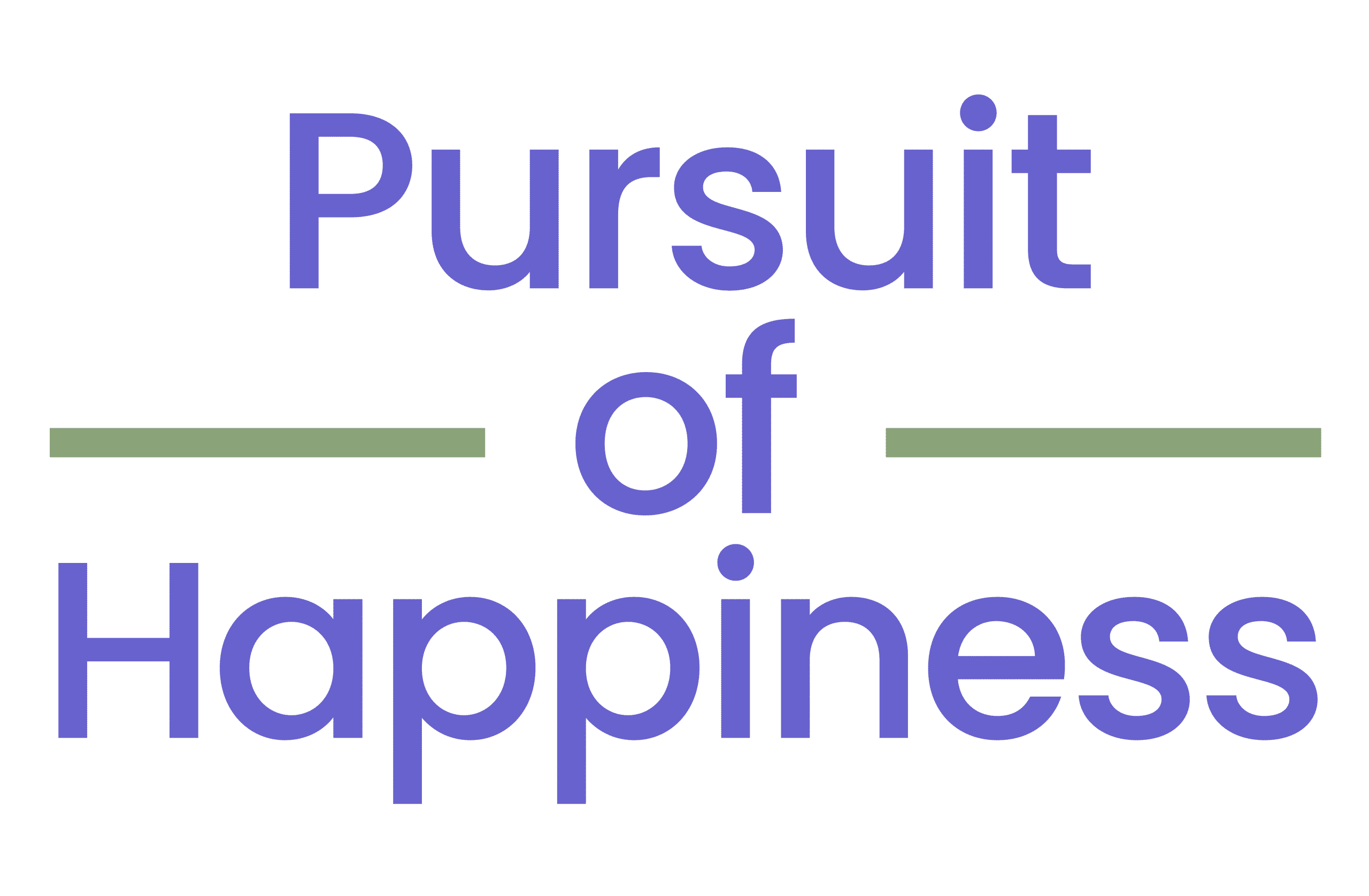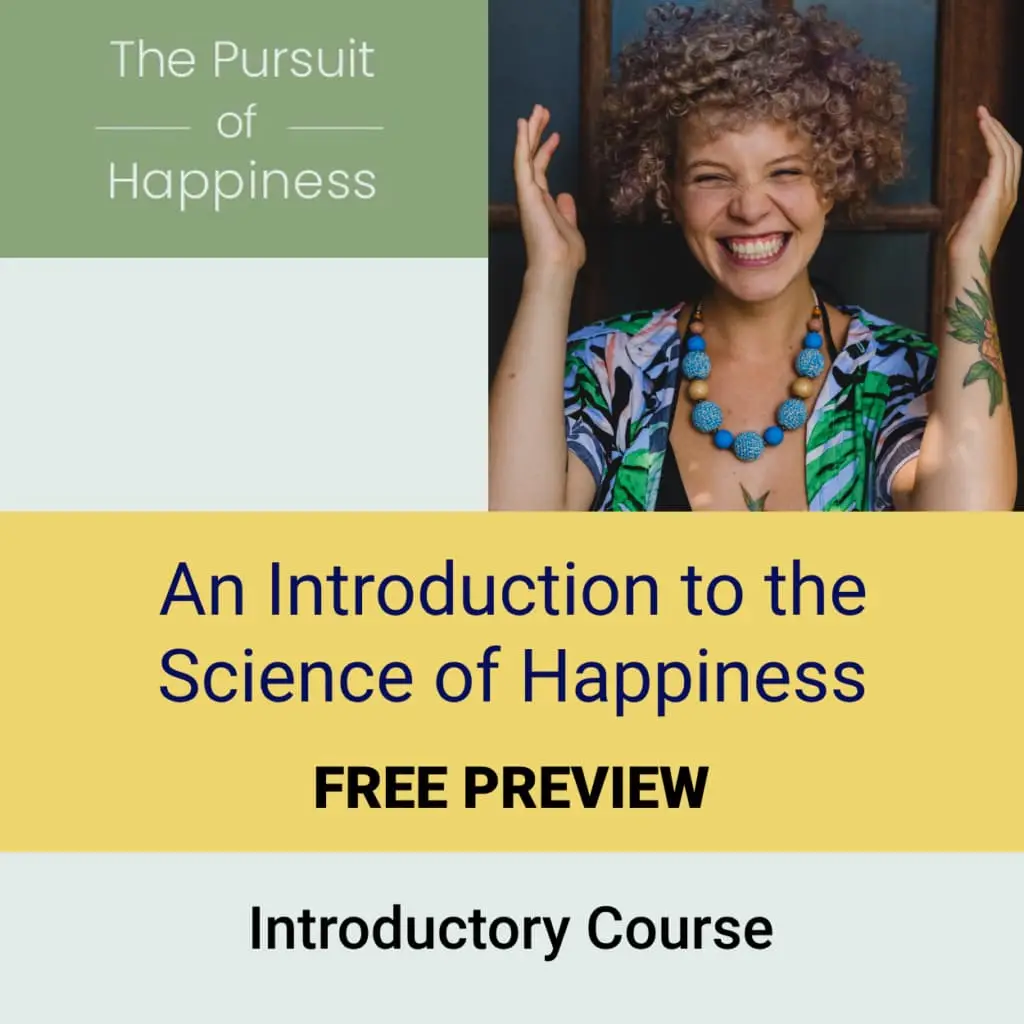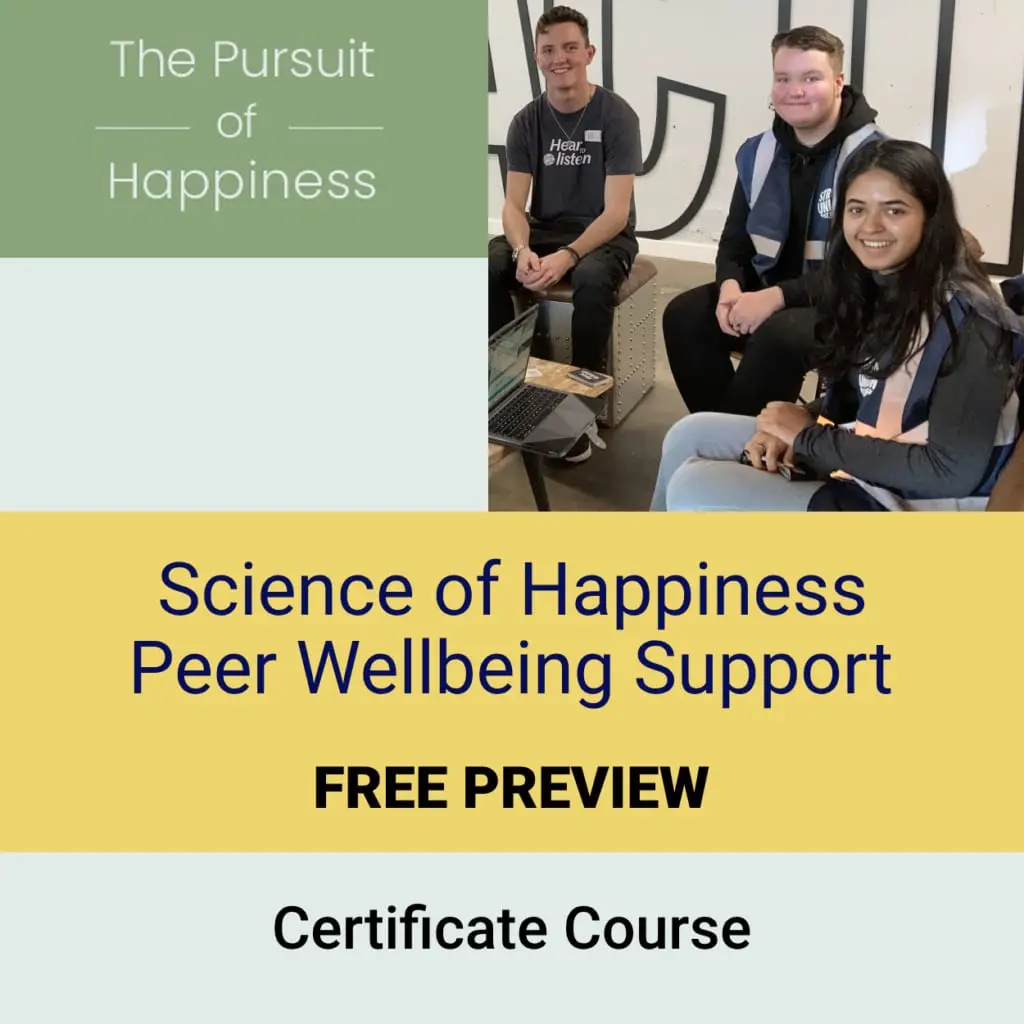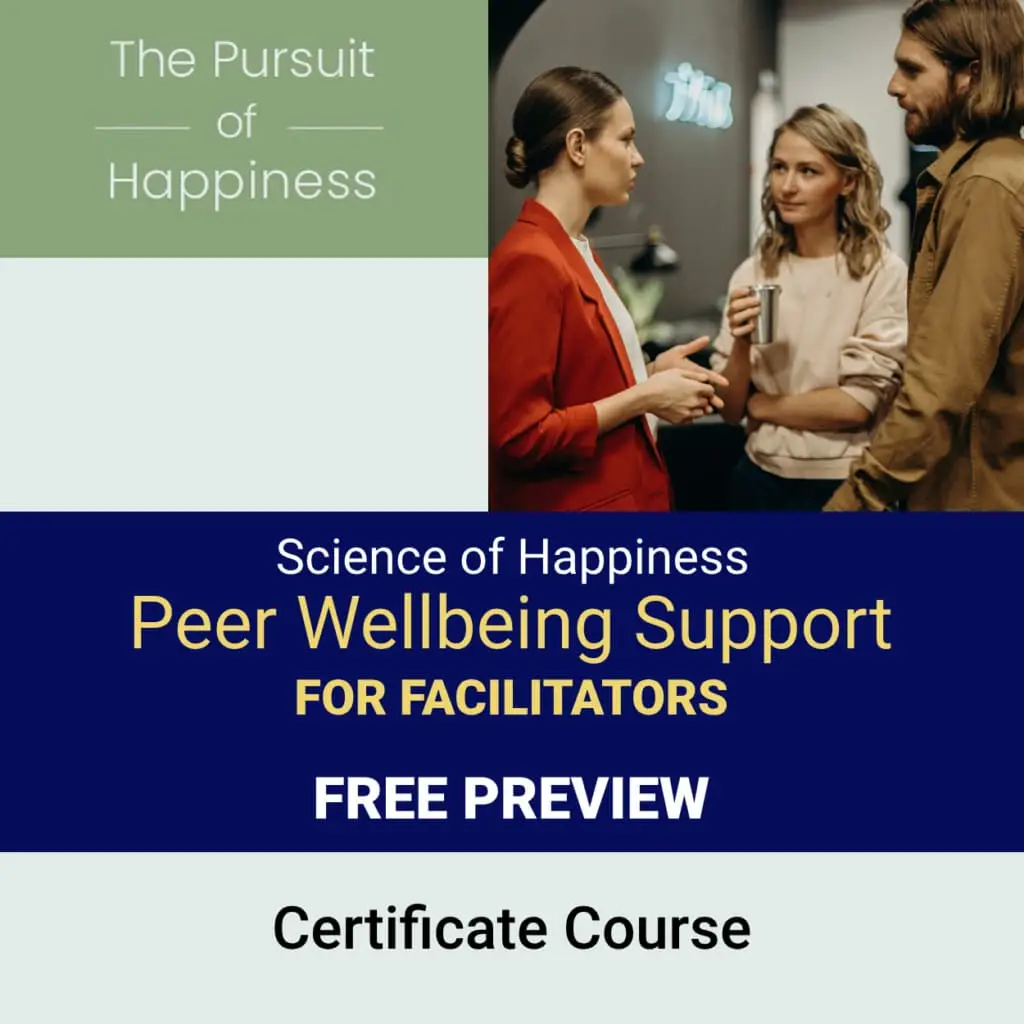Did you know that within your gut, you have roughly 100 trillion bacteria, more than the number of cells in your body, belonging to about 1,000 species?
 Psychobiotics are friendly, ie probiotic, bacteria that have lived in the human gut for thousands of years and are essential to our emotional stability. Like all probiotics, they are symbiotic, meaning that they benefit us in return for the benefits that we provide (including nutrition and a cozy home). One could say that they are like little doctors, as they seem to respond to our unique makeup, upregulating or downregulating the production of numerous compounds essential to human wellbeing.
Psychobiotics are friendly, ie probiotic, bacteria that have lived in the human gut for thousands of years and are essential to our emotional stability. Like all probiotics, they are symbiotic, meaning that they benefit us in return for the benefits that we provide (including nutrition and a cozy home). One could say that they are like little doctors, as they seem to respond to our unique makeup, upregulating or downregulating the production of numerous compounds essential to human wellbeing.
Psychobiotics Directly Impact Psychological Well-being
Scientists have recently discovered that some of these species, called psychobiotics, directly impact our mood. They maintain the normal functioning of our brains and nervous systems by producing and modulating critical neurotransmitters such as dopamine, serotonin, noradrenaline and GABA. They also synthesize certain essential nutrients such as folic acid, niacin, vitamin B12, and vitamin K2. Psychobiotics have thus been shown to have a positive effect on mental health conditions like anxiety and depression, and may have an impact on many more psychiatric conditions. In this way, psychobiotics play a vital role in maintaining our psychological well-being.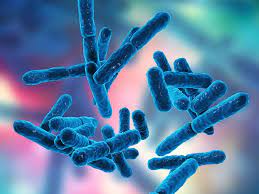 Psychobiotics are friendly, ie probiotic, bacteria that have lived in the human gut for thousands of years and are essential to our emotional stability. Like all probiotics, they are symbiotic, meaning that they benefit us in return for the benefits that we provide (including nutrition and a cozy home). One could say that they are like little doctors, as they seem to respond to our unique makeup, upregulating or downregulating the production of numerous compounds essential to human wellbeing.
Psychobiotics are friendly, ie probiotic, bacteria that have lived in the human gut for thousands of years and are essential to our emotional stability. Like all probiotics, they are symbiotic, meaning that they benefit us in return for the benefits that we provide (including nutrition and a cozy home). One could say that they are like little doctors, as they seem to respond to our unique makeup, upregulating or downregulating the production of numerous compounds essential to human wellbeing.
